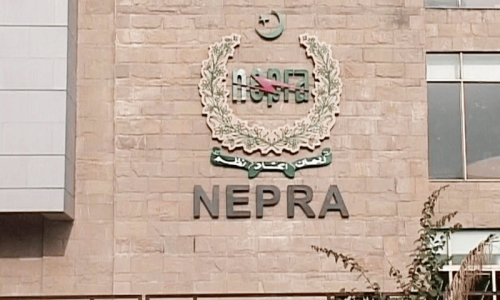ISLAMABAD: The Pakistan Telecommunication Authority (PTA) has warned that organised groups can misuse personal information for online financial scams as well as terror or criminal activities.
The ‘Online Safety Guide’ issued by PTA highlights several methods used by criminals for financial scams, including skimming money from accounts or making unauthorised purchases.
As online banking and ATM usage grow, the most common financial crime is ‘skimming’, i.e. theft from accounts using devices installed at ATMs that can store details of transactions.
PTA has warned consumers to examine all cameras, loose parts of the ATM or any contraption that can be used to record their PIN, before using their credit or debit card.
“Regularly review copies of bank and card statements for suspicious activity,” the new PTA guidelines say.
The guidelines also state that the personal information of individuals holds their digital and financial identity, and ‘identity theft’, i.e. using someone else’s personal information including financial details without permission, is a serious concern.
The PTA says that those involved in identity theft steal the names, addresses, CNIC and credit card or bank account details and use them, not only for financial scams but also for various fraudulent, terror-related or criminal activities.
The guidelines have highlighted that ‘online identity theft’ occurs when users fall for tactics like opening unsolicited and malicious email attachments, downloading malware onto their computers or smartphones, connecting to insecure wireless networks or sharing their passwords with other people.
Among the common tactics used by criminals is the use of ‘malware’ or ‘malicious software’ that includes viruses and spyware, which can infiltrate and infect computer systems.
“To trap users, criminals create fake websites resembling legitimate websites, compel users with desirable downloads and ad links that will download malware – especially on computers that do not have adequate security software.”
This malware may redirect users to unwanted malicious websites through pop-ups.
Another tactic adopted by the criminals is the use of ‘ransomware’, which is a type of malware that can access a victim’s files, lock and encrypt them and then issues a warning to the victim that a ransom must be paid through online payment methods to get those files back.
Such attacks are usually carried out against large companies and institutions.
In contrast, the PTA document said, the general public — women and youngsters in particular — are targeted through ‘online extortion schemes’.
“Such threats can take various forms, but the most common threats include releasing personal information such as explicit photos, damage to reputation and financial loss,” the guidelines say.
Published in Dawn, January 22nd, 2023










































